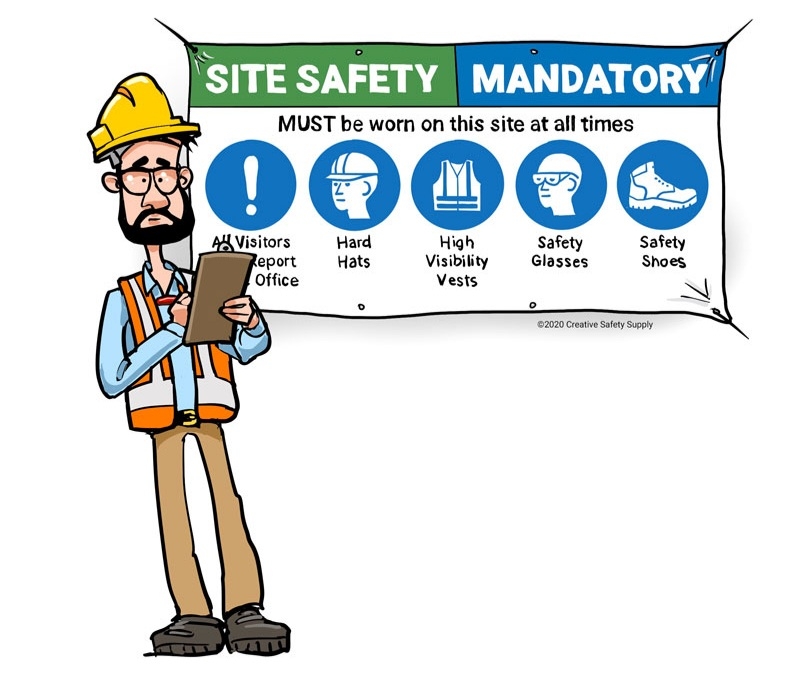Lake Properties Lake Properties
Meta Description:
Discover the real risks of buying a home without mortgage insurance in South Africa. Learn how it affects your bond approval, financial safety, and what protection you still need.
🇿🇦 Understanding Mortgage Insurance in South Africa
When you take out a home loan (bond) in South Africa, your bank may recommend or require mortgage insurance — also called bond insurance, home loan protection, or credit life insurance.
This coverage protects the lender and sometimes you, in the event that you die, become disabled, or lose your income before the bond is fully paid off.
However, not everyone needs it — and if you choose to go without, there are important implications to consider.
⚠️ 1. It’s Not Legally Required — But Often Recommended
In South Africa, mortgage insurance is not compulsory by law, but most banks strongly recommend it, especially if:
- You’re applying for a 100% home loan (no deposit), or
- You have a higher risk profile, such as being self-employed or having an unstable income.
If you’re financially secure and can provide a 20% or larger deposit, most banks will approve your bond without this insurance.
🏡 2. The Risks of Going Without Mortgage Insurance
a. You’ll Have No Safety Net if You Can’t Pay
Mortgage insurance covers your bond repayments if you can’t work due to death, disability, or retrenchment.
Without it:
- You (or your family) remain fully responsible for paying off the bond.
- If payments stop, the bank can repossess and sell the home.
- If the sale doesn’t cover the full bond, you must pay the shortfall plus any legal fees.
💬 Example:
If your remaining bond is R900,000 and the bank sells your property for R750,000, you’ll still owe R150,000.
b. You Might Pay Higher Interest Rates
When a loan isn’t insured, the bank carries more risk.
To protect itself, it may charge you a higher interest rate or require a larger deposit, increasing your overall cost of buying.
c. Stricter Bond Approval Requirements
Without mortgage insurance, banks may expect:
- A clean credit record,
- Stable employment and income proof, and
- Possibly a co-applicant or guarantor.
🧾 3. The Types of Property Insurance in South Africa
| Type of Insurance | Purpose | Is It Required? |
|---|---|---|
| Mortgage Protection (Bond Cover) | Settles your home loan if you die or become disabled. | Optional but recommended |
| Credit Life Insurance | Covers your bond repayments if you lose your job or become disabled. | Optional |
| Homeowner’s (Buildings) Insurance | Protects the structure of your property from fire, flood, or damage. | Mandatory if you have a bond |
Even if you skip mortgage protection, buildings insurance is non-negotiable — it safeguards the bank’s investment in your property.
💡 Lake Properties Pro-Tip:
While mortgage insurance adds a small monthly cost, it offers huge long-term peace of mind.
Before accepting the bank’s policy, shop around — you’re not obligated to use your lender’s insurance.
Independent insurers often offer better rates and broader coverage, potentially saving you thousands over your bond term.
✅ Final Word
Buying a home is a major financial commitment. Going without mortgage insurance might save you some money upfront, but it also leaves you vulnerable to life’s uncertainties.
If you’re ready to explore your property journey safely and confidently, contact Lake Properties — we’ll help you make informed decisions about your bond, insurance, and investment options.
#LakeProperties #HomeLoanTips #MortgageInsurance #SouthAfricaProperty #BondAdvice #CapeTownRealEstate
If you know of anyone who is thinking of selling or buying property, please call me
Russell
Lake Properties
www.lakeproperties.co.za
info@lakeproperties.co.za
083 624 7129





























